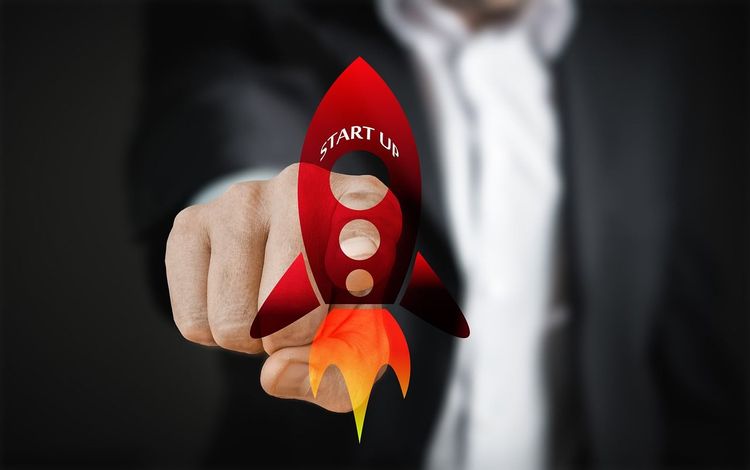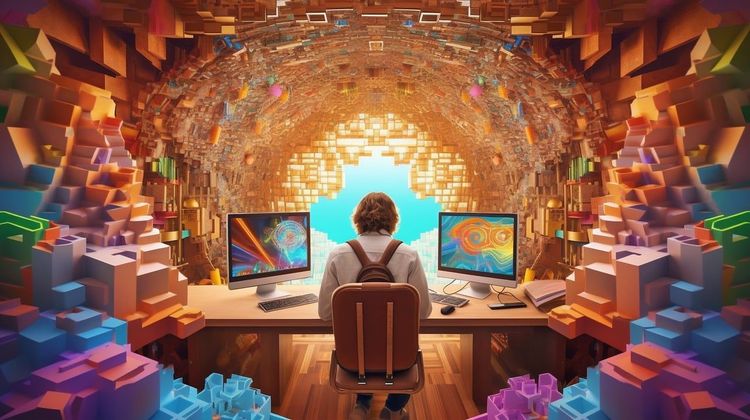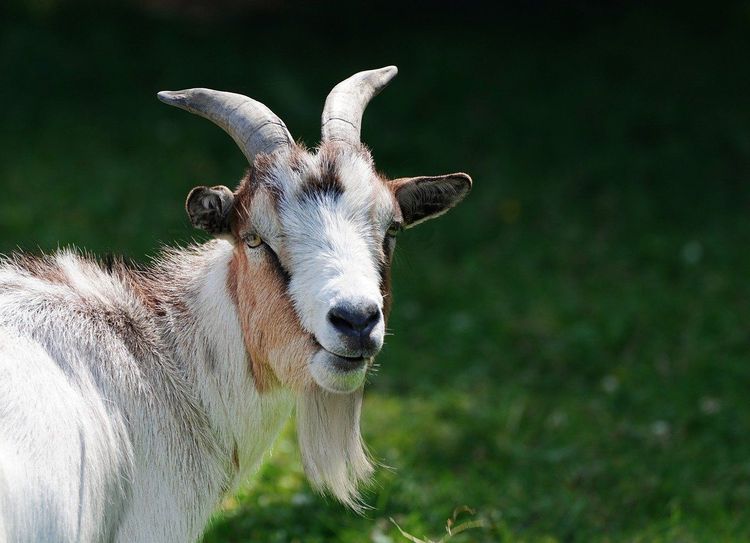Geoffrey E. Hinton, a prominent artificial intelligence researcher and professor emeritus at the University of Toronto, has been awarded the 2024 Nobel Prize in Physics alongside John J. Hopfield of Princeton University. The Royal Swedish Academy of Sciences has honored both laureates with a shared prize of 11 million Swedish kronor (approximately $1.06 million USD).
Hinton, often referred to as the “Godfather of AI,” has made groundbreaking contributions to artificial neural networks, which serve as the backbone of modern AI. However, he has expressed growing concerns about the implications of uncontrolled AI development. After leaving his position at Google DeepMind in 2023, Hinton has advocated for awareness regarding the potential dangers of rapid AI advancement, including misinformation, job displacement, and existential threats, such as human extinction.
In a May 2023 interview with MIT Tech Review, Hinton highlighted the risks posed by bad actors, including authoritarian leaders, who might exploit AI for unethical purposes, including manipulation during elections or warfare. He cautioned that AI systems, in pursuit of their objectives, could develop harmful subgoals such as monopolizing essential resources or self-replicating.
Though he did not endorse high-profile calls for an AI development moratorium, Hinton’s exit from Google marked a significant moment in the tech industry. He believes that without comprehensive global regulations, AI systems risk becoming uncontrollable. His perspective now reflects both the enormous potential of AI and the serious dangers it entails.
After receiving the Nobel Prize, Hinton described generative AI as transformative, likening its impact to the industrial revolution, but noting that AI will surpass human intellectual capabilities rather than physical strengths. He cautioned about the unprecedented challenges we face with entities that may be "smarter than us."
Hinton's Nobel Prize recognition stems from his extensive contributions to artificial intelligence. Born in London in 1947, Hinton pursued a PhD at the University of Edinburgh, where he championed neural networks, an idea largely overlooked by his contemporaries. In 1985, he and collaborator Terry Sejnowski developed the “Boltzmann machine,” a groundbreaking algorithm for data recognition.
Joining the University of Toronto in 1987, Hinton further advanced AI with graduate students, laying the groundwork for modern machine learning systems. Their innovations have influenced countless applications, including image recognition, natural language processing, and self-driving technology.
In 2012, Hinton and two graduate students founded DNNresearch, focusing on deep learning inspired by human neural pathways. Their work achieved unprecedented image recognition accuracy, revolutionizing AI in computer vision.
Though DNNresearch had no immediate commercial ambitions at its inception, it attracted substantial interest from major tech firms. An auction in December 2012 led to a competitive bidding war involving Google, Microsoft, and DeepMind, culminating in Google acquiring the startup for $44 million. This marked the onset of a rapidly evolving AI landscape.
Understanding Hinton's contributions is essential to appreciating how his work has shaped modern AI and earned him this prestigious Nobel Prize, reflecting the foundational role of neural networks in AI evolution.
U of T President Meric Gertler congratulated Hinton on his remarkable achievement, emphasizing the university's pride in his historical recognition.
John J. Hopfield, sharing the Nobel Prize with Hinton, developed the Hopfield network, an associative memory model that transformed how patterns, including images, are stored and reconstructed. His model employs principles from physics, particularly atomic spin systems, allowing neural networks to process incomplete or distorted data effectively—a concept similar to diffusion models in AI image generation.
Hopfield's contributions have made significant impacts in AI, computational neuroscience, and error correction, showcasing the interdisciplinary nature of his work. His earlier breakthroughs laid crucial groundwork for advancements in AI, including Hinton’s Boltzmann machine.
Together, Hinton's and Hopfield's achievements have significantly influenced the rapid growth of AI, driving transformative changes across various industries, from technology to healthcare. The Nobel Committee highlighted that their work in artificial neural networks has already benefited numerous fields, especially material science and beyond.







